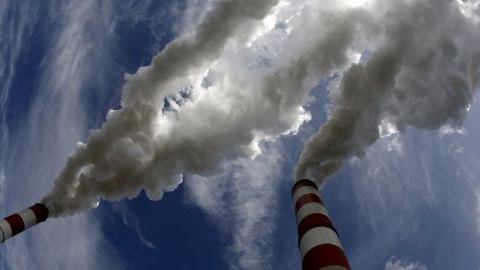New guidance notes on energy by ORSE: Falling short of the mark!

ORSE, the Study Centre for Corporate Social Responsibility, which gathers major players of the financing of the French economy and abroad, published yesterday its new guidance notes on the energy sector aimed to inspire sector policies for French banks and insurers (1). For Friends of the Earth France, while these guidance notes are a first step, they are largely insufficient and far from FoE France's demands. The necessary energy transition will not happen if banks continue to finance new coal fired power plants, unconventional fossil fuels projects, huge dams or nuclear power plants unabated, the environmental and social impacts of which become ever more disastrous. These activities need to be excluded from financing, and French financial players' "financed emissions" need to decrease significantly, as fast as possible.
